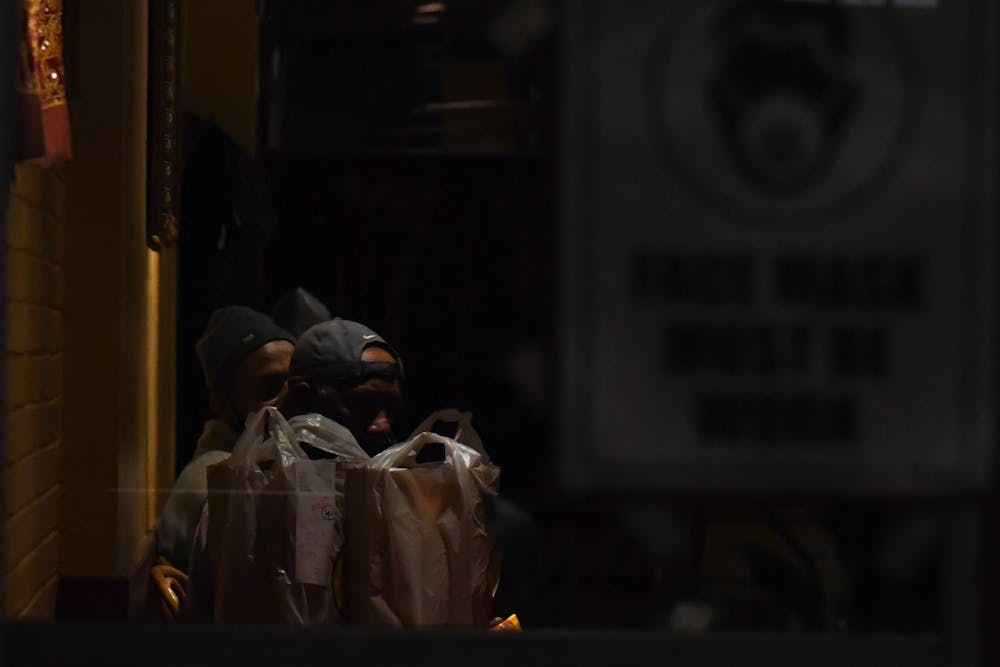Philadelphia announced new coronavirus restrictions on Monday in an effort to curb the spread of COVID-19, placing limits on the city's public spaces and private gatherings.
The new restrictions, which will take effect on Nov. 20 and remain in place through Jan. 1, include limits on outdoor gatherings with a ban on public and private indoor group gatherings of any size — including parties, weddings, funerals, and household visits. Residents are encouraged to not celebrate Thanksgiving with anyone outside their own household.
The new regulations require high schools and colleges to hold classes virtually, and for public spaces such as gyms, museums, and libraries to be closed. Retail stores may operate with limited capacity with safety measures in place. Workplaces are asked to continue allowing employees to work from home.
Outdoor gatherings will be limited to 10% occupancy, or 10 people per thousand square feet, where food and drinks cannot be offered and mask-wearing is required. Indoor dining will no longer be allowed, while outdoor dining will be capped at four people from the same household.
"There's no doubt these changes are necessary. We need to act now to reduce the rate of increase and to flatten the curve once again," Philadelphia Mayor Jim Kenney said in a Nov. 16 press conference, adding that the average number of new COVID-19 cases reported per day has increased by 700% in less than two months.
On Friday, Philadelphia reported 1,158 new cases — another record-breaking number after previous daily case-count highs earlier this week. The city had an average of more than 650 new cases of COVID-19 per day last week, Philadelphia Health Commissioner Thomas Farley said on Monday, which is the city's highest weekly average since the start of the pandemic.
The restrictions are not as strict as those placed during the citywide shutdown in March, shortly after the pandemic reached the city. These limits are the strictest since June, however, when reopening initiatives began.
"If we don't do something to change the trajectory of this epidemic, the hospitals will become full, they will have difficulty treating people and we'll have between several hundred and more than a thousand deaths just by the end of this year," Farley said on Monday.









